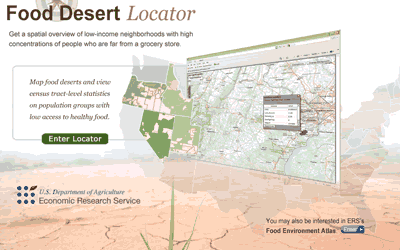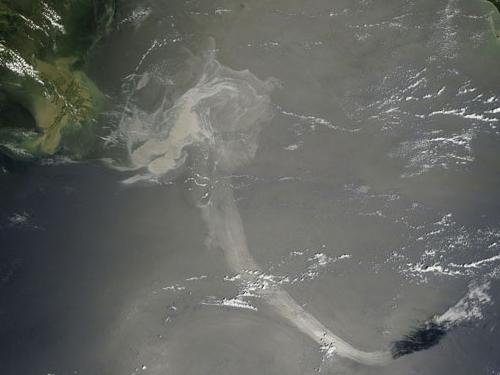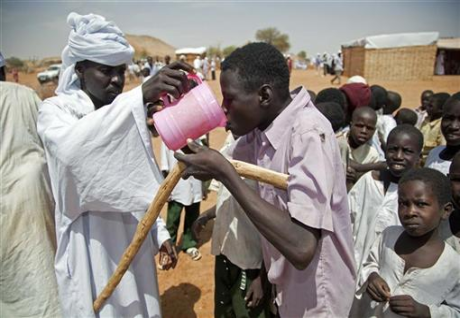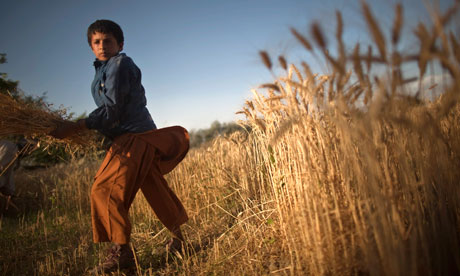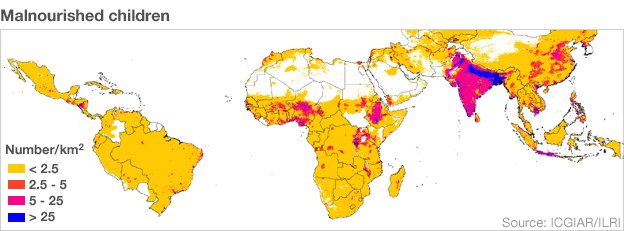Famine
Submitted by ward on
The New Green Revolution: How Twenty-First-Century Science Can Feed the World
Submitted by ward on
Socioeconomic Data and Applications Center (SEDAC)
Submitted by ward on
UN Establishes a Committee on Global Geospatial Information
Submitted by ward on
Water rights trade to help quench world thirst
Submitted by ward on
Global poverty rate falling, says UN
Submitted by ward on
Climate to wreak havoc on food supply, predicts report
Submitted by ward on
Global Food Production May Be Hurt as Climate Shifts, UN Forecaster Says
Submitted by ward on
World wastes 1 billion tons of food a year
Submitted by ward on
Global Warming Reduces Expected Yields of Harvests in Some Countries, Study Says
Submitted by ward on





